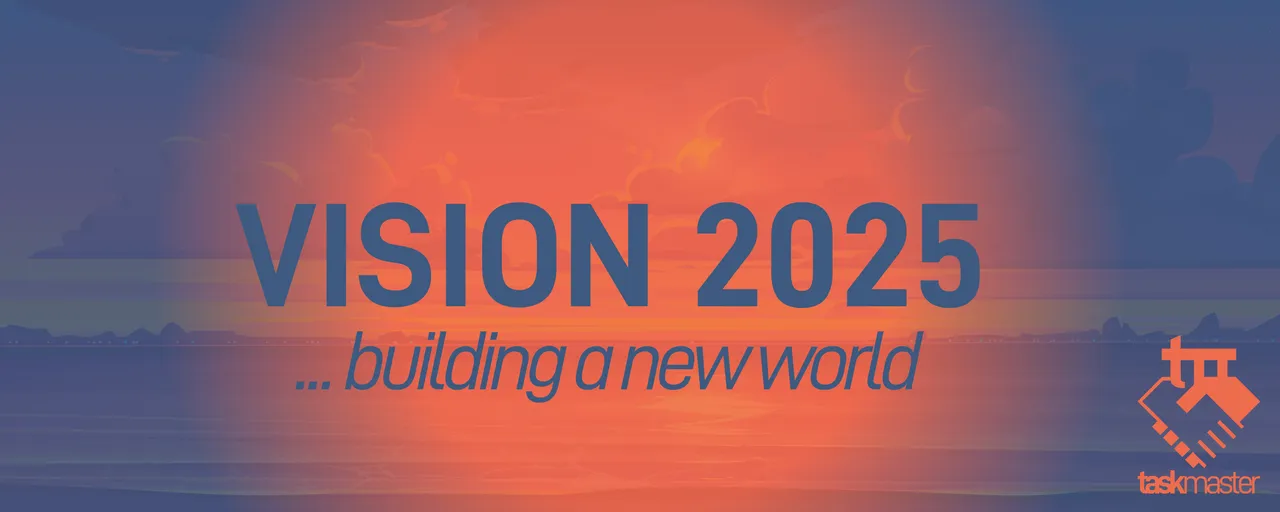There was major news that came out yesterday. After a couple weeks of speculation, Tucker Carlson has decided to do his show on Twitter. This was a curious move considering the options that were out there. It was also a big blow to mainstream media.
Before going any further, we will have to, once again, emphasize, that Twitter is not part of Web 3.0. Elon Musk is as establishment as they come. What is taking place, in terms of the power struggle, is just changing chairs on the pool deck.
That said, we can look at this move by Musk and Carlson as a blow to the major media companies. We covered how the cable news channels are already in trouble. People are turning to other areas for their information, especially when it comes to the younger generations. This means they are fighting a war of demographics, which ultimately boils down to time. As the Boomers start to pass on, the viewer base diminishes.
So why is Carlson going to Twitter a help to Web 3.0?
That is what we will cover in this article.

Decentralized Media
Twitter is a centralized platform. This is always going to be the case so we have to be clear about that.
However, if we step back and look at the entire broadcasting spectrum, this changing things greatly. Tucker Carlson was the most popular figure on cable news. Now, his following will be searching him out on another platform. This moves the attention away from the mainstream outlets to something different.
Granted, Twitter isn't new. There are 250 million people who show up regularly. It is already a major source of information, especially news. "Citizen Journalism" is enhanced as people are able to post their videos immediately after events take place.
Now we have a major media figure going exclusively to Twitter. This is shaking up the broadcasting market. It was an idea that was unimaginable 10 years ago. Heck, this was not possible 5 years ago.
Yet today, we see the decentralization of media occurring in a major way.
There is also another piece to this puzzle.
Musk said he is not going to take anything from for the first year. After that, it will take 10% of the revenue for the platform. This is in comparison to the 30% that YouTube takes.
This is another shot fired across the bow of other social media platforms. Perhaps we see a pricing war starting to take place.
Of course, we have to stress this is still Web 2.0.
Enter True Decentralized Broadcasting
Musk remain in control. Sure, that isn't likely a threat to Carlson but the average Twitter user, there is still a major vulnerability.
Before discussing that, we have to emphasize why this move by Carlson benefits Web 3.0. It is a major change that is the power. Anytime people are forced to change, it fosters the opportunity to go even further.
We tend to be creatures of habit. The fact that Tucker Carlson fans are going to be heading to Twitter for his content as opposed to the mainstream media is a radical shift. Suddenly, a million or so people will have their viewing habits changed.
The next step in the evolution, as I see it, is truly decentralized broadcast media. This is Web 3.0 at its finest.
Infrastructure is still being built out. This is the delay. However, as we get the foundation in place, an opportunity opens up for all content creators. This means that those seeking to operate a "broadcast show" can do so while monetizing in a much easier fashion. Twitter is still not involved in tokenization of any kind. This is a huge advantage for Web 3.0.
Tucker Carlson has no community. Sure, he had fans, many of whom are willing to pay for a subscription each month. This is still the old model of "I pay you". We can see how each is on a different side. Those who subscribe obviously will feel what they are getting in return is worth it. However, we have to highlight the fact that this is still a buyer-seller relationship.
Web 3.0 brings community together in the financial sense. Ownership and fanbase take on different meanings. Due to the tokenization process, the adversarial relationship that could exist is altered.
Tucker Carlson could be the ultimate in social tokens. He could tokenize his community in a way that his followers are part owners in the operation. As it grows, the entire ecosystem is uplifted. His fans no longer has a passive interest in his success.
Alas, he is still living in the Web 2.0 world.
We delved into the concepts put forth by the SpkNetwork and what they are building. Here we see the radical shift taking place. What if Tucker was able to move his brand to a platform where his fans could host the content, be rewarded, and enjoy the TUCKER token? What if he, along with the community, started to develop an economy built upon the efforts and transactions of the members?
All of this will be possible with Web 3.0.
In Conclusion
Carlson is helping to shake up broadcast media and where people go for information. This is opening the door for Web 3.0. As infrastructure is put in place, the ability to tokenize fanbases brings following content to another level. Suddenly people are owners in the brand, not just ones with a passive interest.
We can look at this as the next stage in the evolution of broadcasting. This will make citizen journalists even more powerful. It was something that was not possible a few years ago.
If you found this article informative, please give an upvote and rehive.

gif by @doze

logo by @st8z